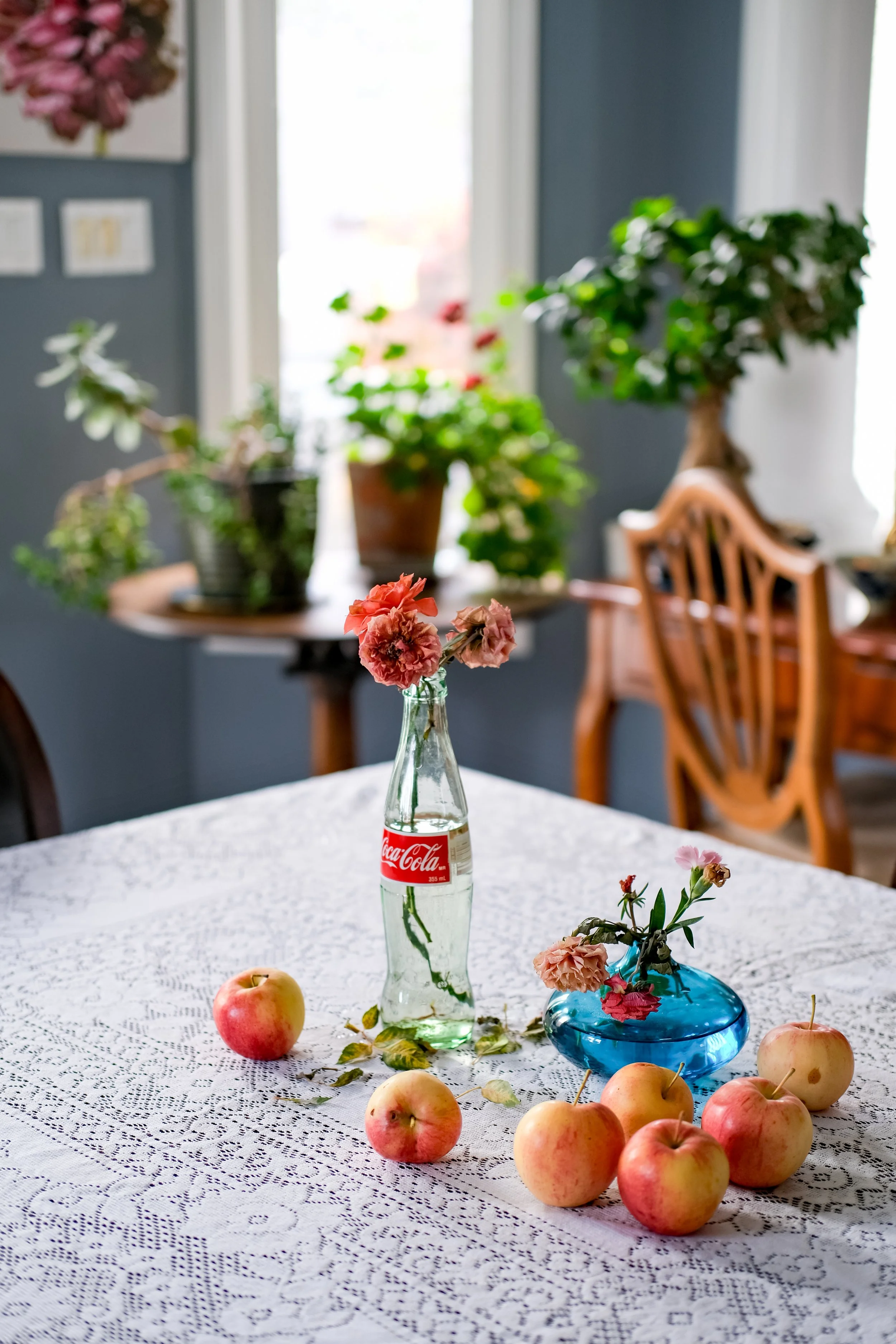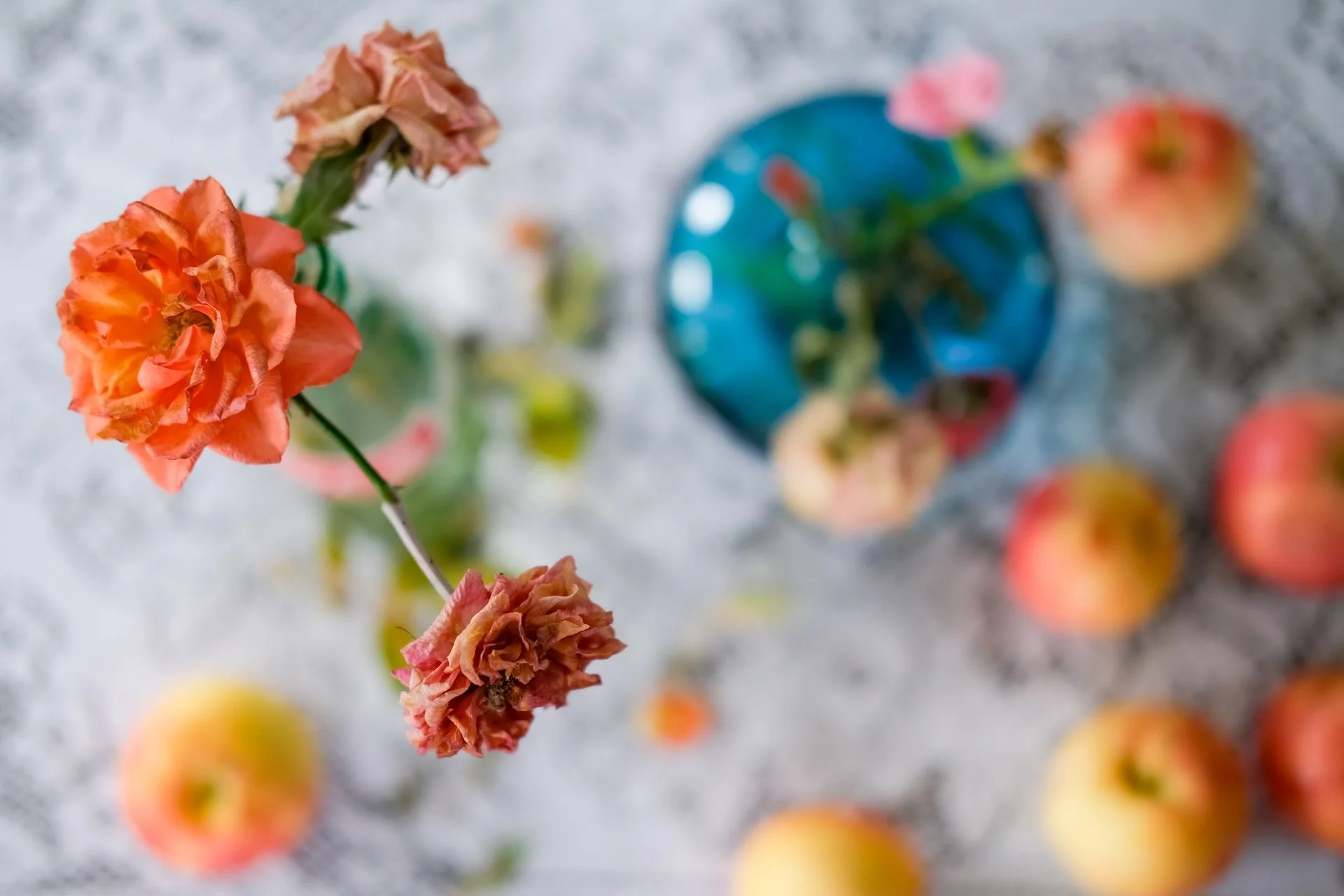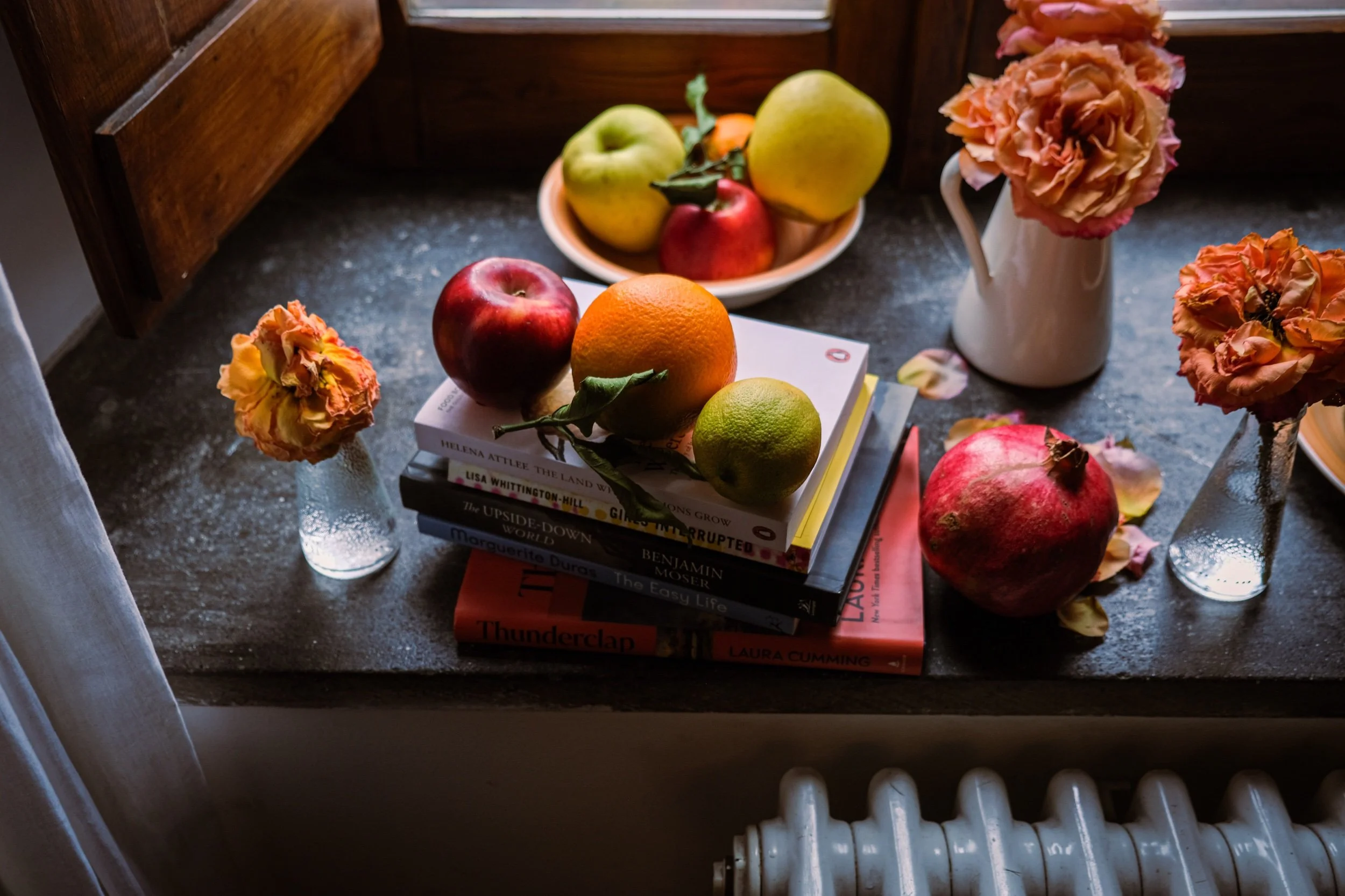Reading My Way Through
I’m really grateful to all those who are able to say things at times like these. I think I even used to be one of them. Right now though I feel like I’m sort of crawling to a bit of a finish line. My health is rubbish right now tbh, the insomnia has ramped up, the work I do in my day job in an inner city library is actually a lot. It’s a lot. I mean, the stories you hear. (I stop typing here and just stare out the window for 20 minutes…it’s heartbreaking honestly). And then there’s the writing life, deadlines, reports, a book coming out in January in the late stages of editing.
So I’m reading. And the one thing I can do is share what I’m reading. Things that have helped me think things through, make sense of what can’t be made sense of. Here we go.
On her SubStack, Nadia Bolz-Weber says this: “I’m not saying we should put our heads in the sand, I’m saying that if your circuits are overwhelmed there’s a reason and the reason isn’t because you are heartless, it’s because there is not a human heart on this planet that can bear all of what is happening right now.”
I came to the previous via Courtney Martin’s “Showing up in public during political crises” via Kerry Clare’s Pickle Me This, and she always steers us with such a lovely humanity.
I’ve been listening as usual to On Being with Krista Tippett and making my way slowly through the new season’s offerings. So in the midst of a pandemic and in the midst of the climate crisis and in the midst of the houseless crisis and in the midst of the situation in the Middle East, I still can really only be of use in my 3 meters of influence. And to stay somewhat whole in this time and to make my way out into the world in my somewhat rickety and sleep deprived body, I find it helps to continue to interrogate how to live right where I am, to attempt to be a decent person which of course I will fail at (as has been pointed out to me).
I liked the phrase by Baratude Thurston, “how to citizen” in the interview on how to be a social creative.
Katherine May has some advice on “How to Feel Grounded: Finding Calm in Dark Times.”
Weeks ago, I had begun looking into Tommi Laitio’s ideas on Conviviality in a library context. He talks about our “capacity to live together” and the “contentious dimension” of co-existing in public spaces. A passage from the article he wrote for Bloomberg:
“…this broader notion of conviviality does not pose it as something easy or purely positive, but rather being “at ease” with difference. It is having the rights, skills, and resilience to act in unpredictable situations. This notion of conviviality that embraces friction makes it applicable for public space development as it starts from unpredictable behaviors of free individuals and emphasizes the role of spatial design and skills. It is like a crowded dance floor where we need to find a way to fit our own movements to the space, the music, and our fellow dancers. Just like at a dance club, the design and staff play a major role in creating a friendly atmosphere, but everything cannot be predicted or planned. At times we bump into others, accidentally spill our drink on them, or step on someone’s toes. But when we find the rhythm with others, magic happens. We feel free and powerful. We feel like we belong.”
I came to this work of art in a library in Finland, via Laitio, which has a wall of words that are a dedication for everyone who might come into that space. A selection of the dedicatees:
everyone
strangers
lazybones
the henpecked
the spiritually enlightened
genderqueers
orphans
introverts
fierce fighters
reading clubs
anarchists
itchy people
And then, for something completely different, but also, a book that falls under how to be, and maybe how to citizen, is by Jenny Slate titled Little Weirds. I admit I knew absolutely nothing about Slate before I picked up the book at Audreys. A critic at NPR thought it could be weirder, though does say it, “is full of soft and lovely moments.” The paratext is a bit intimidating — everyone seems to love this book. I mean George Saunders on the front cover says, “This book is something new and wonderful. It made me remember I was alive.” But what made me buy it, besides the word weirds, was that the first epigraph is by Clarice Lispector from The Hour of the Star which was of course a huge inspiration for my book Rumi and the Red Handbag. I wanted to hate the book and be jealous of it and also to love it which I did. You know how I revere CL, and I kept thinking CL would hate this book but she too might love it. It’s CL if CL was an American comic trying for soft and lovely. But really, that seems so radical right now? And I loved it so much more than I hated it or was jealous. Slater says, “Only do a little gossip and make sure it doesn’t make any dents in anyone.” And sometimes she reminded me of CL and sometimes of Amy Krause Rosenthal too. We need all kinds of voices right now.
Some little excerpts of little weirds:
“Yes, there have been lots of feelings that have felt like breaths in with no out breaths.”
“So, yes, it has been a hard time and nobody could say differently. But it occurs to me as this long day ends — and I can hardly make myself stay up past six PM because I’m too busted up in my heart, because my brain has the posture of an old couch….”
“…and it really hits me: I never really want to argue with anyone ever again, nor am I under any sort of obligation to do so.”
Meanwhile I am still reading and re-reading Marcus Aurelius’s Meditations. Which actually goes quite nicely with Little Weirds. This week’s line: “To what purpose, then, am I presently using my soul? Ask yourself this question at every moment…”
I am re-reading Looking at Mindfulness : Twenty-Five Ways to Live in the Moment Through Art by Christophe Andre. A very grounding book. “To stop great pain from pulling us out of life, we must work on small pains, staying in the world through the discouragements and dejection of everyday life. Working on small sadnesses to try to prepare as best we can for the shattering effects of larger ones.”
Other thoughtful writings:
Padraig O Tuama on Poetry and Silence. “…there is something necessary in looking at what’s not known and — from there — asking what’s knowable, questionable, unknowable.”
Ordinary Plots, a SubStack by Devin Kelly, reminds me of the joy of a rigorous and generous reading of poetry.
I hope this finds you well — the email line that everyone mocked at the beginning of the pandemic. But really, I do. I hope you have time to tend to your small sadnesses. I hope you’re able to use your soul well. I hope you find some peace and that you don’t let your heart get too busted up. I hope you can find some magic at the dance called life.







